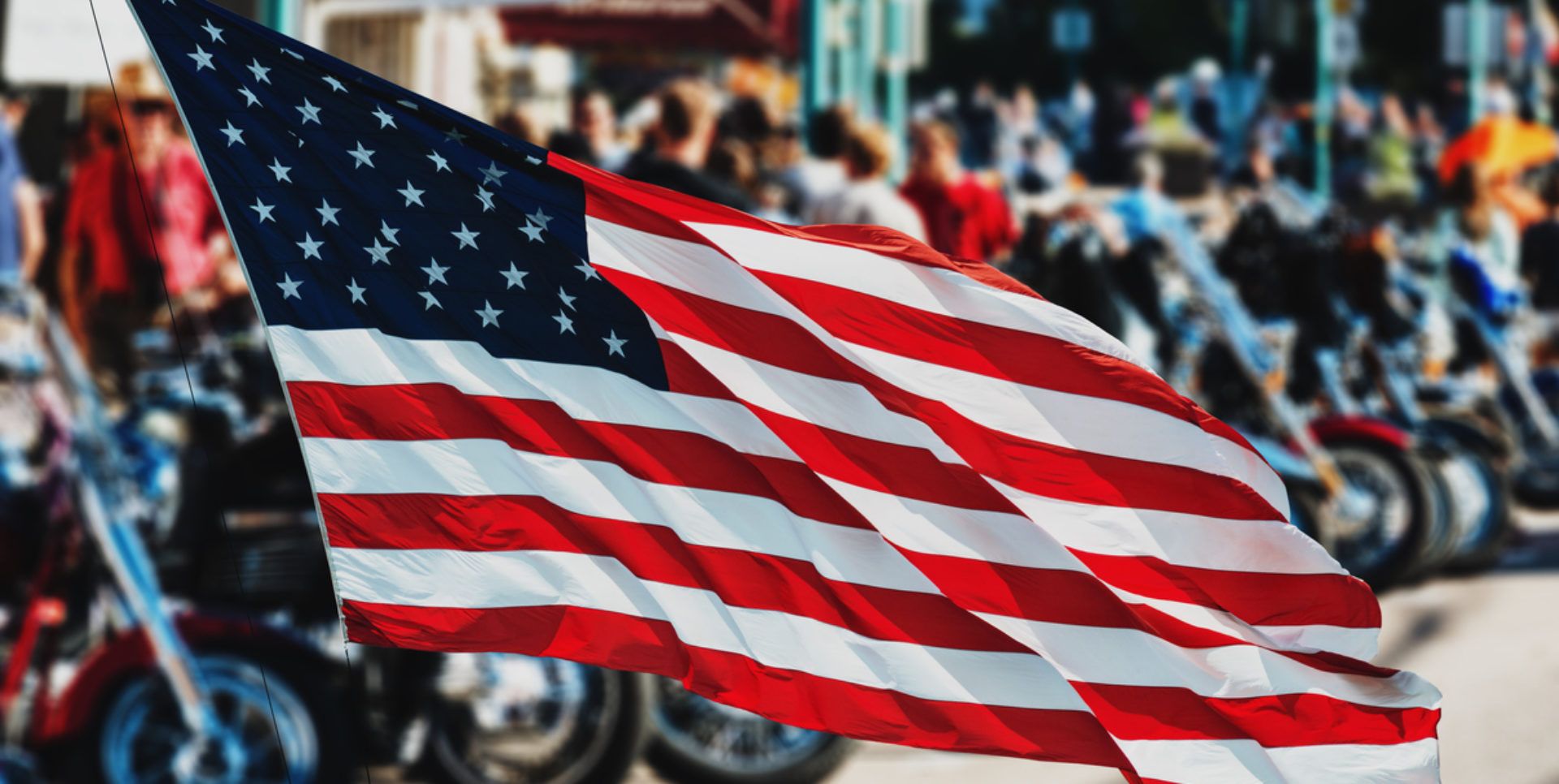Motorcycle rallies and festivals have long been a cultural hub for freedom, community, and lifestyle expression. From Sturgis to Daytona Bike Week, riders gather not just for the thrill of the open road but also to explore new products and experiences. Increasingly, cannabis brand vendors are making their way into this space, aligning with the biker ethos of independence and alternative lifestyles. As legalization spreads across the U.S., the presence of cannabis at motorcycle events is poised to expand, creating opportunities and challenges for vendors, event organizers, and consumers.
The Rise of Cannabis at Bike Rallies
Cannabis vendors began appearing at motorcycle gatherings in states where recreational use is legal, offering everything from CBD-infused lotions for sore muscles to branded apparel and accessories. For many riders, the appeal is practical as much as cultural—CBD balms provide relief after long hours on the road, while THC products align with the social and celebratory aspects of bike festivals. Vendors that position cannabis as part of the rider lifestyle find an audience eager for wellness, relaxation, and authenticity.
Major rallies already host an ecosystem of alcohol brands, food vendors, and gear companies. Cannabis adds a new dimension, one that connects with a demographic known for adventure and countercultural leanings. At events where physical endurance and recovery matter, such as cross-country rides or multi-day rallies, cannabis brands highlight their role in pain management, sleep improvement, and stress relief.
Compliance on the Road
The integration of cannabis into motorcycle events isn’t without hurdles. Vendors must navigate a patchwork of state regulations, with many rallies crossing jurisdictions where cannabis rules vary dramatically. In states like Colorado or Nevada, cannabis companies can participate more openly, whereas in others, restrictions mean brands must limit themselves to CBD or hemp-derived products. For now, many vendors rely on ancillary items—merchandise, education booths, and non-infused goods—to maintain visibility while staying compliant.
This hybrid approach allows companies to establish brand awareness even when THC sales on-site aren’t permitted. For example, a vendor might sponsor a biker poker run or provide free CBD samples while directing interested consumers to nearby dispensaries. It’s a model that mirrors how alcohol brands built loyalty at festivals decades ago.
The Road Ahead: Technology and Culture
Looking forward, the role of cannabis at motorcycle events is likely to deepen. As more states legalize recreational use and interstate commerce slowly comes into play, vendors will gain flexibility. Imagine a rally where attendees can pre-order infused beverages or vape cartridges through event apps, picking them up at licensed pop-ups. QR codes on vendor booths may link directly to lab results and product information, ensuring transparency and consumer trust.
Culturally, cannabis aligns with the evolution of motorcycle events themselves. Just as rallies have shifted from purely outlaw gatherings to mainstream tourism drivers, cannabis is moving from underground culture to regulated industry. The future may see cannabis sponsorships alongside long-standing motorcycle and beer brands, further normalizing its presence.
A Future Fueled by Lifestyle Integration
The overlap between riders and cannabis enthusiasts is more than convenience—it’s about shared values. Both communities thrive on independence, personal freedom, and connection to a larger culture. As cannabis vendors continue to integrate into the motorcycle event circuit, the partnership feels less like an add-on and more like a natural progression.
For vendors, the opportunity lies in crafting experiences that go beyond selling products—building loyalty through storytelling, recovery support, and lifestyle branding. For riders, it’s another way the culture of the open road continues to evolve. The next decade of bike rallies may be remembered as the era when cannabis became part of the ride itself.

